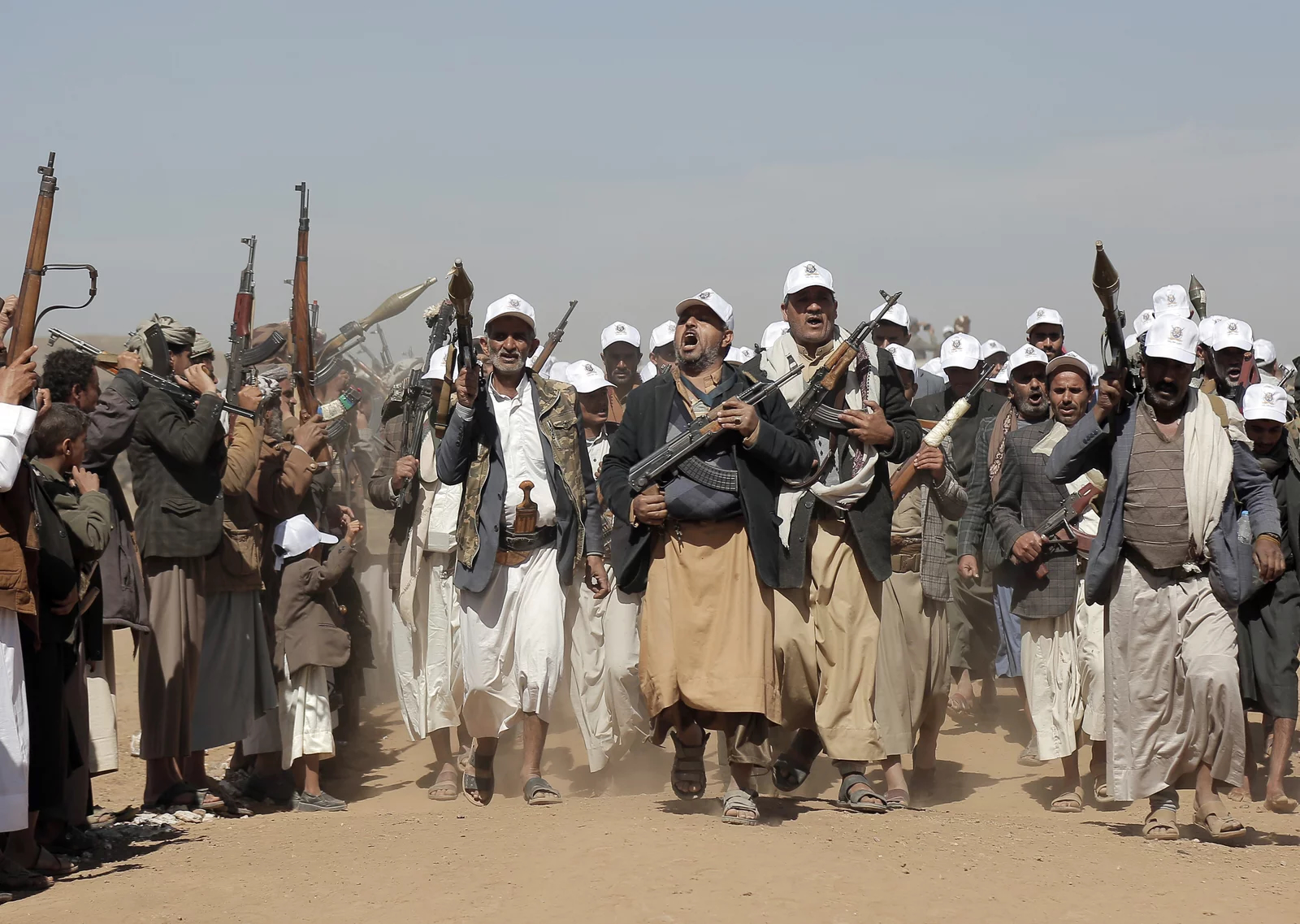On Saturday, July 20, Israel launched strikes on Yemen’s port city of Hodeidah in retaliation for a Houthi-claimed drone strike on Tel Aviv a day earlier that killed one person. The Houthi attack comes as a surprise, as it is the first of more than 200 to not be intercepted by the Israeli Defense Force due to “human error.” Israeli Defense Minister Yoav Gallant stated the retaliatory strike was ordered because it was the “first time that they harmed an Israeli citizen… And we will do this in any place where it may be required.”
The initial raid in Yemen killed at least three, but the death toll has since risen to six. The response also struck an oil storage facility and power plant, igniting a massive fire in Hodeidah.
Regional sources report on the recent strikes:
Al Jazeera reported that on Friday morning, “a drone launched by the Yemeni group hit a building in central Tel Aviv located about 100 metres away from a United States Embassy branch office.” The attack killed one man and left ten people injured, and it is “the first time a Houthi attack had caused a fatality in Israel, with its drone covering a distance of more than 1,800km.”
The following day, Israel executed counter-strikes in Yemen that “targeted fuel tanks in the Houthi-controlled port of Hodeidah and its power station,” according to Asharq Al-Awsat. The retaliation caused a large fire in the port that burned for many hours and killed six people.
The Times of Israel explained that the air force targeted Hodeidah to prevent the “Houthis from importing Iranian weapons, as well as causing the Iran-backed rebels financial damage.” Gallant warned in a video statement that “the fire that is currently burning in Hodeida is seen across the Middle East and the significance is clear,” and “the blood of Israeli citizens has a price. This has been made clear in Lebanon, in Gaza, in Yemen and in other places — if they will dare to attack us, the result will be identical.”
On Monday, the fire was still not contained as “heavy flames and black smoke were seen spiraling into the sky,” described Arab News. The U.S.-based Navanti Group calculated that the five cranes damaged by the strike and fire “reduced the port’s fuel storage capacity from 150,000 to 50,000 tons.” The port plays an essential role in the delivery of humanitarian aid to Yemen, and the International Rescue Committee asserted that “any impact on this infrastructure jeopardizes the entry of essential goods and hampers aid efforts.”
The New Arab shared that the Houthis have vowed to retaliate against Israel and quoted Yahya Saree, a Houthi military spokesperson, who claimed the “response to the Israeli aggression against our country is inevitably coming and will be huge.” The same day the Israeli military “intercepted a missile fired from Yemen towards the Red Sea resort town of Eilat.”
According to the Houthis, the United States and Britain have launched airstrikes in the Hajjah and Al Hudaydah provinces in Yemen in the wake of the attack on Tel Aviv, noted Anadolu Agency. The group claimed there were two airstrikes in the northwestern province of Hajjah and four more in the Salif district of Al Hudaydah in western Yemen; however, the U.S. and Britain have yet to comment or claim responsibility.
(Banner image: AP)

